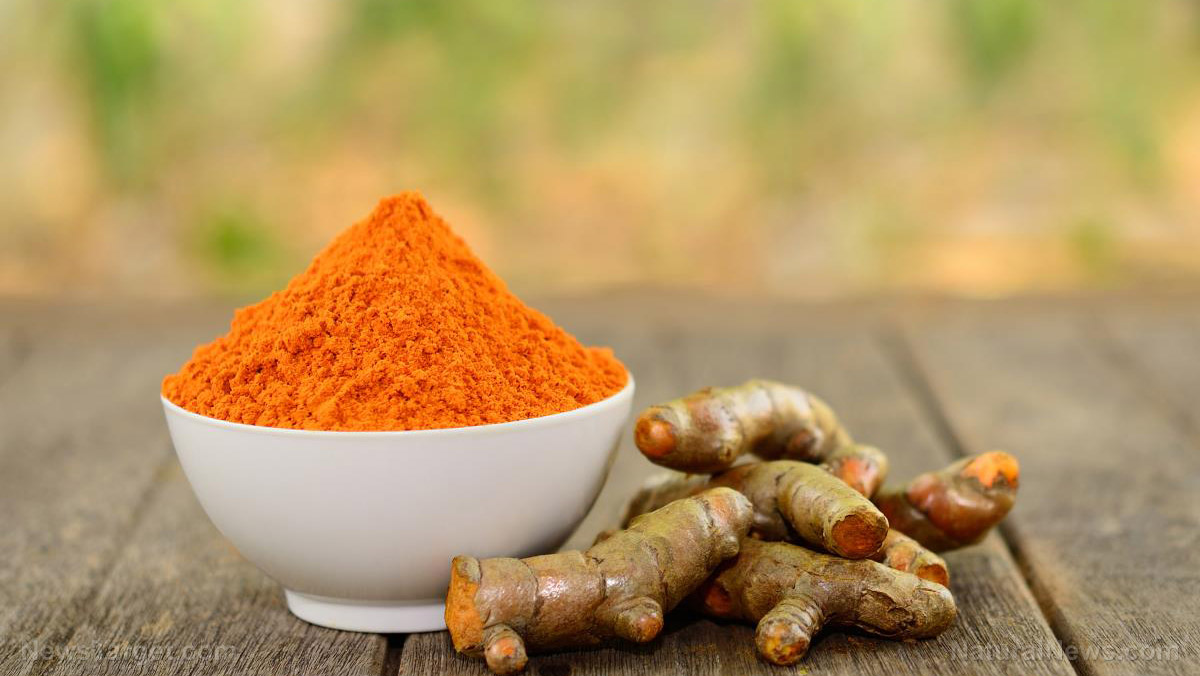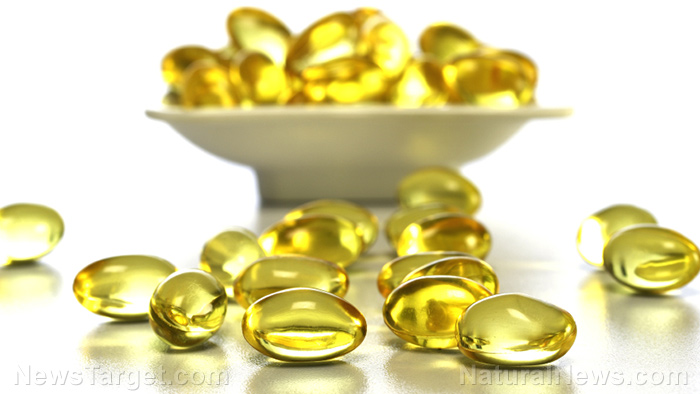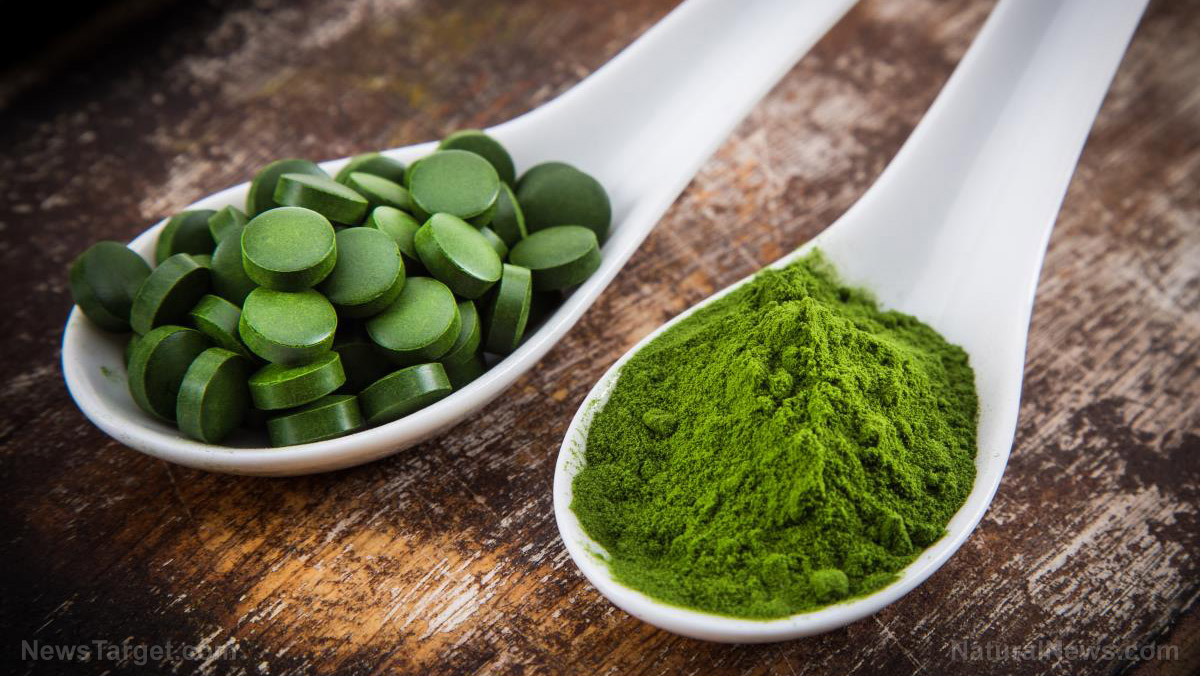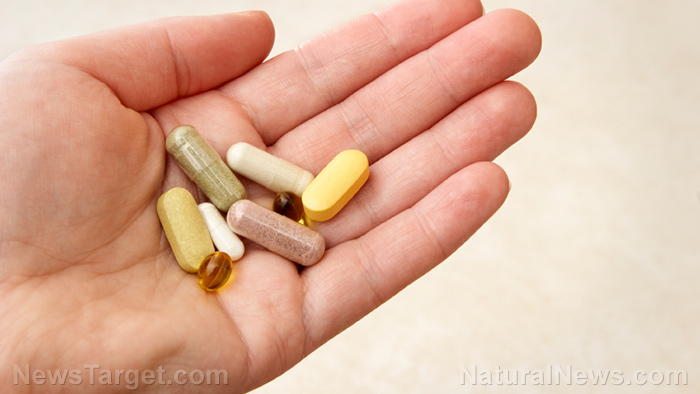Camel’s milk found to reduce the risk of cardiovascular disease from hypertension
10/13/2018 / By Ralph Flores
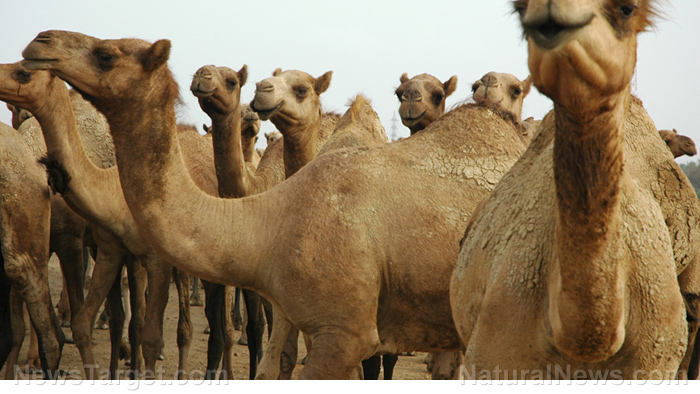
Most of the Western world has been slow on the uptake when it comes to the benefits of camel’s milk. However, that means everyone’s missing out on what it can do for the body, such as potentially reducing the risk of cardiovascular diseases caused by hypertension, according to a study published in CyTA – Journal of Food. In his paper, Omar Amin Alhaj of King Saud University in Saudi Arabia identified ACE-inhibitory peptides, which have anti-hypertensive properties, that are present in fermented camel milk – in particular, those that have been fermented with various Lactobacillus species.
Camel’s milk, for the most part, has been an important source of nutrition in Saudi Arabia and other countries in the Middle East. In his research, Alhaj stated that milk from a dromedary or an Arabian camel (Camelus dromedarius) is a viable nutritional source for people who live in dry and urban areas. He also looked at the ACE-inhibitory peptides in camel milk, which he fermented using L. helveticus and L. acidophilus strains.
ACE-inhibitory peptides work in the same manner as its synthetic counterparts, ACE inhibitors: They prevent the production of angiotensin-converting enzymes (ACE), which constrict blood vessels and increase blood pressure.
After fermentation, the milk samples were stored for 15 days, during which ACE-inhibitory peptides were identified at various stages of storage.
Based on the findings, he found that milk samples fermented using L. helveticus contained far superior peptides than those that were made using the L. acidophilus strain. The molecular mass of all peptides was also recorded to be well under 1,200 Da, and these were stable up to 15 days in storage. In addition, all amino acid sequences corresponded to ?-casein found in camel’s milk (Camelus dromedarius).
“Regular consumption of lactic fermented camel milk might assist in reducing cardiovascular diseases resulting from hypertension,” Alhaj concluded in his report. “It is speculated that finding in this study might form the basis for future research for the design and development of fermented camel milk products exerting health benefits.”
Learning more about the benefits of camel’s milk
Of course, the health benefits of camel’s milk don’t just stop with improving heart health. Below are some more things that you can get out of camel’s milk.
- It helps manage diabetes. One of the nutrients that can be found in camel’s milk is insulin, known to regulate glucose in the blood and is essential in preventing diabetes. For those with Type 2 diabetes, in particular, adding camel’s milk in their diet can lessen dependency in insulin injections. (Related: Camel’s milk found to restore insulin activity in diabetics, making it a natural treatment for the disease.)
- It boosts immunity. Surprisingly, camel’s milk contains proteins and other organic compounds that possess antimicrobial properties. This helps in the promotion of a healthy immune system.
- It supports a healthy body. The amount of animal proteins in camel’s milk beats that of cow’s milk, ensuring the development of healthy bones and organ systems. In some cultures, camel’s milk, and not cow’s milk, is given to malnourished children – with dramatic improvements noted in their health afterward.
- It stimulates blood circulation. Camel’s milk is rich in iron, a key compound in preventing anemia. It also boosts blood circulation and oxygenation, ensuring that oxygen-rich blood is transported to the organs. Those who are recovering from malnutrition or a serious injury, as well as women who have just given birth, would do well to take camel’s milk to improve their health.
- It reduces allergic reactions. Unlike pasteurized cow’s milk, which some people have an allergic reaction to, camel’s milk has the opposite effect: Regular consumption reduces reactions, including lactose intolerance.
In the U.S., however, raw camel’s milk is a rare commodity because of stringent import regulations and efforts from the Food and Drug Administration’s (FDA) to block its sale and distribution.
Learn more about the benefits of camel’s milk by following Food.news today.
Sources include:
Tagged Under: camel's milk, cardiovascular disease, cardiovascular health, fermented camel milk, fermented milk, food as medicine, food cures, foodgood, functional food, heart health, hypertension, Lactobacillus, nutrients, prevention, supplements


